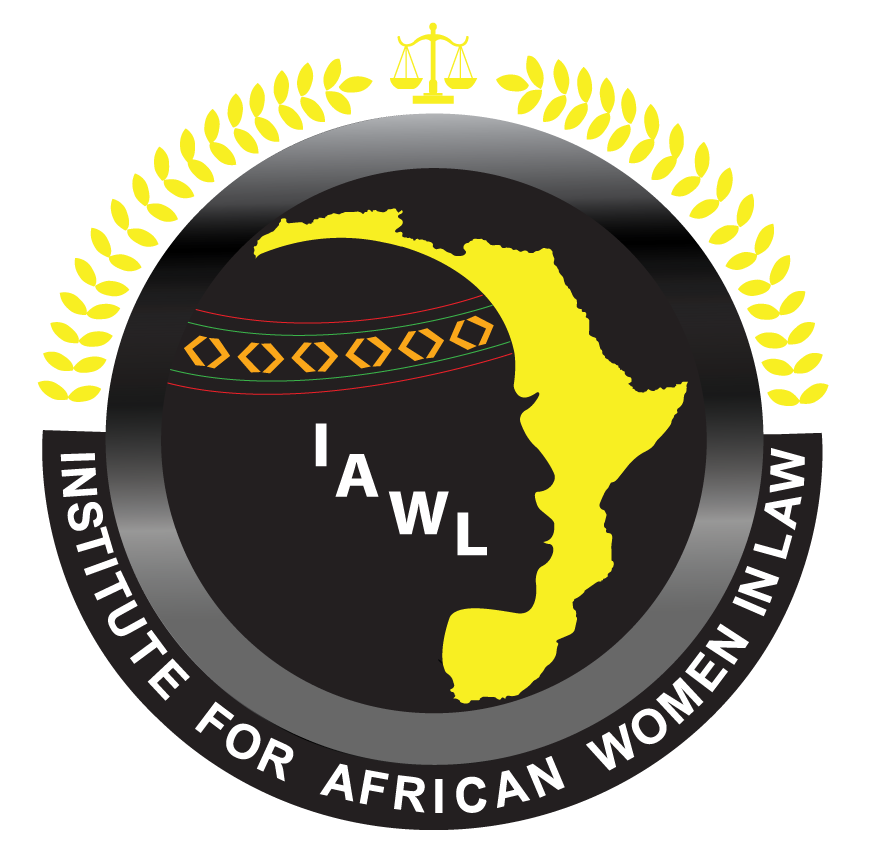A New Dawn: Gender Diversity and the International Criminal Court.
- IAWL

- Mar 11, 2021
- 2 min read
Washington, DC, March 11, 2021 - The Institute for African Women in Law (IAWL) congratulates the newly sworn in judges of the International Criminal Court (ICC). The judges are: Ms. Joanna Korner (United Kingdom), Mr. Gocha Lordkipanidze (Georgia), Ms. María del Socorro Flores Liera (Mexico), Mr. Sergio Gerardo Ugalde Godinez (Costa Rica), Ms. Miatta Maria Samba (Sierra Leone), and Ms. Althea Violet Alexis-Windsor (Trinidad and Tobago).

We wish to extend a special congratulations to Ms. Miatta Samba, who's electoral outcome makes her the eighth woman from the continent of Africa to serve on the bench of the ICC. Judge Samba’s election is reminiscent of the recent re-election of Judge Julia Sebutinde to the International Court of Justice (ICJ), as they both signal a big victory for gender diversity in international courts and tribunals. Judge Samba’s successful election further represents a victory for women legal professionals across the continent of Africa who are increasingly demonstrating their leadership acumen at both domestic and international courts. Out of the five candidates presented by the Africa group of States, Judge Samba was the only female candidate. She was elected to the ICC bench during the third round of voting, with a two-thirds majority vote of 83. Per Article 36 of the Rome Statute, she was nominated in category A (for candidates with expertise in criminal law and procedure), following the domestic nomination processes put in place by the government of Sierra Leone.
IAWL commends the ICC on its election of four new female judges, and the subsequent increase in female representation on the bench. Prior to last year’s elections, the bench consisted of 12 male judges and 6 female judges. However, with this new cohort of judges, the bench will consist of 9 men and 9 women, raising its gender composition to a 50:50 ratio! These are impressive strides taken for a Court that already did well in terms of gender representation; out of the 47 judges they have had since its founding, 20 have been women. The ICC’s commitment to gender diversity is not only evident in the gender composition on its bench, but in its recruitment of a Focal Point for Gender Equality, an establishment in the Court which will assist the court's leadership in their efforts to tackle gender-related issues and strengthen the court’s gender-related policies.
IAWL commends the ICC for its commitment to gender diversity. Nonetheless, we encourage the court to continue seeking justice for the marginalized by keeping up its efforts to tackle gender-based violence. The Statute of the ICC was the first international instrument to consider sexual and gender-based violence a war crime, and crime against humanity. The ICC has since convicted rape as a war crime, and has launched its Policy Paper on Sexual and Gender-Based Crimes, as well as its Policy Paper on Children. As an organization, IAWL is dedicated to using the law for positive societal change and development. We believe the ICC is a key player in tackling gender-based violence globally, and we encourage their efforts.
